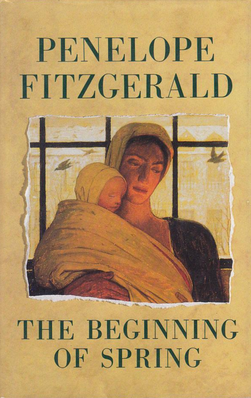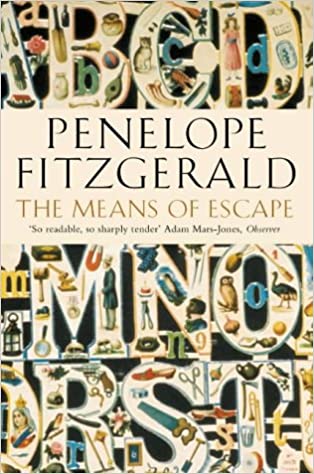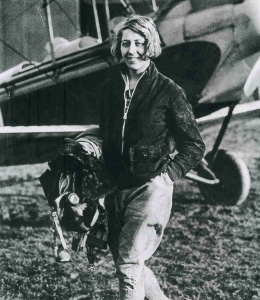This year I felt the need to find comfort in the classics, some of them new, some of them rereads, and some classics I had previously attempted and abandoned. My definition of classics is quite broad, so you will find both 19th and 20th century books in here, and from all countries. 28 of my 127 books were classics of some description (29 if you count The Karamazov Brothers, which I’m currently reading and hope to finish by the start of January), and 17 of those will be mentioned below – which just goes to show that the ‘success rate’ is much higher with the classics.
Ueda Akinari: Ugetsu Monogatari – it’s been a pleasure reacquainting myself with these very Japanese ghost stories, even though some of them made me furious at the classist and sexist assumptions of the time.
Marghanita Laski: Little Boy Lost – utterly heartbreaking and very thoughtful story of parenthood but also a moving portrait of post-war France, one of my favourite Persephones so far
Thomas Bernhard: Woodcutters – I sometimes find Bernhard a bit much to take in, too grumpy, but this book is so good at poking holes in the Viennese literary and artistic pretentiousness, that I laughed nearly all the way through
Henry James: The American – one of the few James that I’d never read, an earlier one, and much lighter, frothier and funnier than I remembered him
Machado de Assis: Dom Casmurro – another grumpy old man reminiscing about his life, like Bernhard, and another tragicomic masterpiece
Shirley Hazzard: The Bay of Noon – another portrait of a post-war European city, and a strange little love story, full of subtle, skilled observations
Elizabeth von Arnim: The Caravaners – if ever there was a book to distract you from lockdown, this is the one. Hilarious, sarcastic, and reminding you that a bad holiday is worse than no holiday at all!
Dorothy Canfield Fisher: The Home-Maker – an ingenious role reversal story from Persephone, thought-provoking and surprisingly modern
Barbellion: Journal of a Disappointed Man – courtesy of Backlisted Podcast, I reacquainted myself with this diary of a complex character, struggling to be courageous, often self-pitying, and usually ferociously funny
Marlen Haushofer: The Wall – simply blew me away – again, perfect novel about and for solitary confinement
Teffi: Subtly Worded – ranging from the sublime to the absurd, from angry to sarcastic to lyrical, tackling all subjects and different cultures, a great collection of journalistic and fictional pieces
Defoe: Journal of the Plague Year – such frightening parallels to the present-day – a great work of what one might call creative non-fiction
Romain Gary: Les Racines du ciel – not just for those passionate about elephants or conservationism, this is the story of delusions and idealism, colonialism and crushed dreams, appropriation of stories and people for your own purposes
Penelope Fitzgerald: The Gate of Angels – both very funny and yet with an underlying sense of seriousness, of wonder – and of course set in my beloved Cambridge
Erich Maria Remarque: All Quiet on the Western Front – even more heartbreaking when you reread it at this age
Liviu Rebreanu: The Forest of the Hanged – Dostoevsky meets Remarque meets Wilfred Owen, a book which never fails to send shivers down my spine
Anton Chekhov: Sakhalin Island – possibly the greatest revelation of the year, alongside Defoe. Stunning, engaged writing, and so much compassion.
What strikes me looking at all of the above is how many of these books that I naturally gravitated towards this year are all about showing compassion and helping others, about the bond with the natural world, about not allowing yourself to despair at the horrors that human beings bring upon themselves. I’ve been thinking about that mysterious gate in the wall of the college, and how it opened at just the right time – and that’s what all these books have allowed me to do. They’ve provided me with the perfect escape and encouragement whenever I needed them most. If you’ve missed my crime fiction round-up, it is here. I will also do a contemporary fiction round-up after Boxing Day.
I wish all of you who celebrate Christmas as happy a time as possible under the circumstances. I’ll be back before the start of the New Year with some further reading and film summaries, but until then, stay safe and healthy, all my love from me to you!













